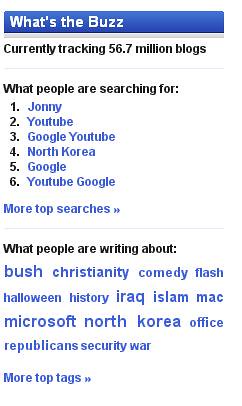The Institute for Public Policy Research (ippr) has just published its report into Public Innovation: Intellectual property in a digital age. I was a member of the steering group which helped on the report, written by Will Davies and Kay Withers.
It’s worth reading as a contribution to the ongoing debate, and has some nice press-friendly recommendations, like a call to legalise ripping CDs onto iPods. The full report is a lot more detailed than the press release would lead you to think.
According to the ippr free copies are available to journalists on request from the ippr press office, but since all the other papers we’ve produced are available to download from the project website this one should be there real soon now… or there will be trouble!
Update: November 3rd. Well, the ippr seems to want to sell copies, but the BBC has put a link to a PDF on their site, so I know where I’d go.


